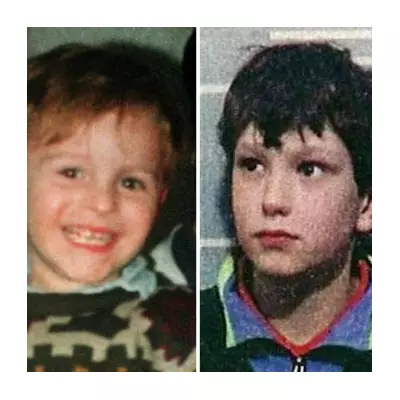
A 72-year-old grandmother has been left devastated after losing her entire £20,000 life savings to a cruel romance scammer who posed as a humanitarian doctor working in Somalia.
The sophisticated fraud began on Facebook when the pensioner, who wishes to remain anonymous, was contacted by a man calling himself 'Dr James'. He claimed to be a British medical professional providing aid in conflict zones, complete with convincing photographs and elaborate stories about his humanitarian work.
The Art of Manipulation
Over several months, the scammer employed a technique known as 'love bombing' - showering the vulnerable woman with constant attention, affection and promises of a future together. He crafted an elaborate backstory about needing to return to the UK to be with her, claiming bureaucratic hurdles were preventing his departure.
"He made me feel special and loved after years of loneliness," the victim recounted. "The messages were constant - good morning texts, checking in throughout the day, talking about our future plans. It felt so real."
The Financial Drain
The scammer's requests for money started small but gradually escalated:
- Initial small amounts for 'emergency expenses'
- Larger sums for 'medical equipment' for his clinic
- Substantial payments for 'travel documents' and 'exit visas'
- Fees for 'shipping his belongings' back to Britain
"I didn't realise what was happening until it was too late," the pensioner admitted. "He had explanations for everything, and I wanted to believe him. By the time my family intervened, I'd transferred nearly £20,000."
A Growing Problem
Romance scams have become increasingly prevalent, particularly targeting older individuals through social media platforms. Action Fraud reports thousands of similar cases annually, with losses running into millions of pounds.
Experts warn that scammers are becoming more sophisticated, often researching their targets thoroughly and creating convincing fake identities that can withstand basic scrutiny.
Protecting the Vulnerable
Financial and cybercrime specialists advise:
- Never send money to someone you've only met online
- Be wary of individuals who quickly declare love or commitment
- Verify identities through video calls and independent research
- Discuss online relationships with trusted family members
- Report suspicious behaviour to both the platform and authorities
The victim's family is now working with banks and law enforcement in an attempt to recover the stolen funds, though they acknowledge the chances are slim.
"This has destroyed my mother's confidence and financial security," her daughter said. "We want to warn others before they fall victim to these heartless criminals."





